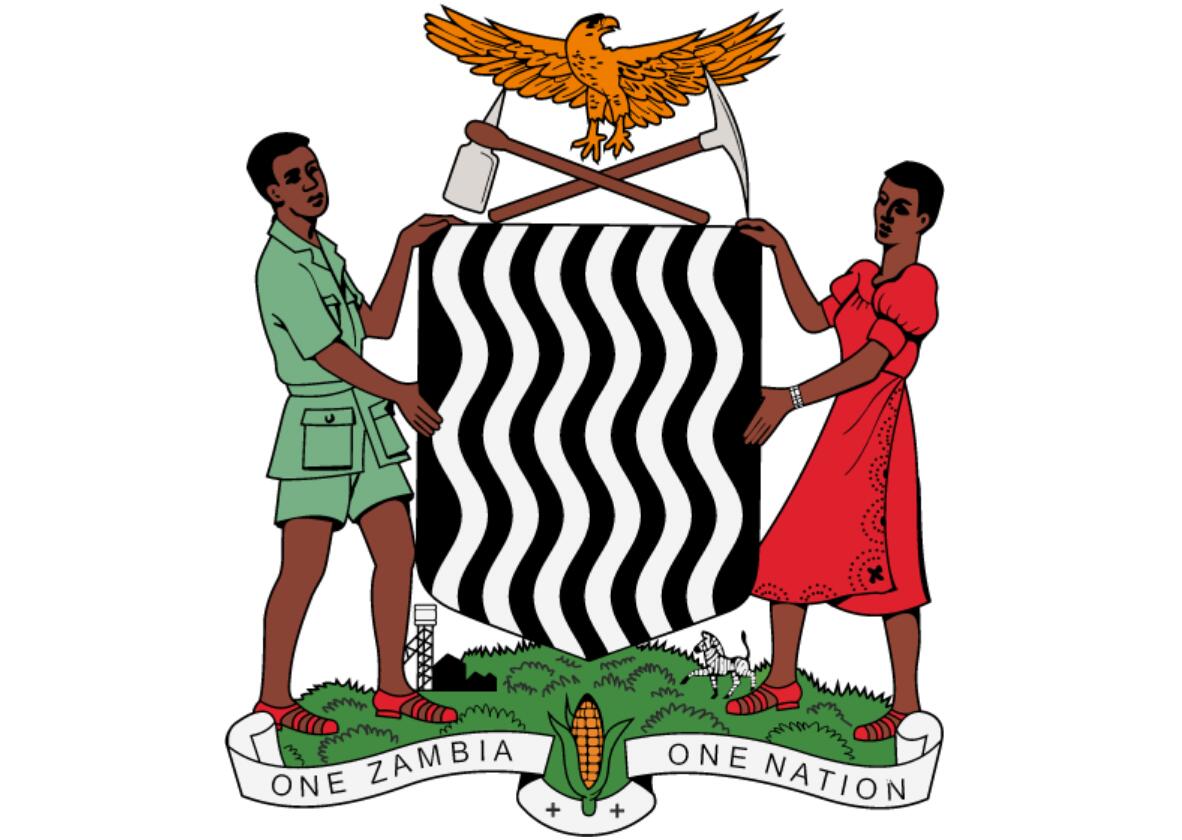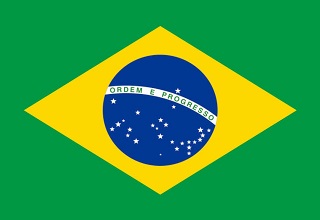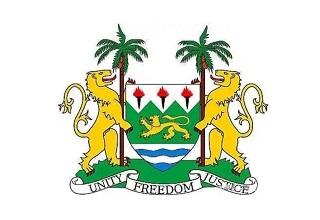Regarding the Inspection and Quarantine Requirements for the Edible Aquatic Animals of Uruguay
1. Basis for inspection and quarantine
(1) The Biosafety Law of the People's Republic of China;
(2) The Entry-Exit Animal and Plant Quarantine Law of the People's Republic of China and the Regulations for its implementation;
(3) The Food Safety Law of the People's Republic of China and its implementing regulations;
(4) The Law of the People's Republic of China on Import and Export Commodity Inspection and its implementing Regulations;
(5) The Measures for the Supervision and Administration of Inspection and Quarantine of Entry Aquatic Animals;
(6) Protocol between the General Administration of Customs of the People's Republic of China and the Ministry of Animal Husbandry, Agriculture and Fisheries of the East Coast Republic of Uruguay on Quarantine and Health Requirements for Imports of Uruguayan Edible Aquatic Animals into China (hereinafter referred to as the Protocol).
2. Scope of imported products
The edible aquatic animals mentioned in this announcement refer to fish, crustaceans, mollusks and other living aquatic animals originating in Uruguay and exported to China for consumption, and the production methods include wild fishing and artificial breeding. The specific species do not include the species listed in the appendix of the Convention on International Trade in Endangered Species of Wild Fauna and Flora (CITES), the List of Wildlife under Key State Protection and the List of Invasive Alien Species under Key Management of China, and the relevant species list is published on the website of the General Administration of Customs.
3. Requirements of production enterprises
Production enterprises (including breeding farms and transit packaging farms) exporting edible aquatic animals to the People's Republic of China shall meet the following conditions:
(1) Approved and effectively supervised by the Ministry of Animal Husbandry, Agriculture and Fisheries of the East Coast Republic of Uruguay (hereinafter referred to as Uruguay), recommended to the General Administration of Customs of the People's Republic of China (hereinafter referred to as China), and obtained the qualification for registration in China. The list of registered production enterprises will be published on the website of the General Administration of Customs.
(2) Edible aquatic animals exported to China shall comply with the quarantine and safety and hygiene requirements of edible aquatic animals of the People's Republic of China and the East Coast Republic of Uruguay.
(3) The production enterprise shall establish and implement the self-inspection and control and traceability system for the safety and health of edible aquatic animals to ensure that the whole process of breeding, fishing, packaging, storage, transportation, transit and export meets the relevant health and traceability requirements of both sides.
4. Requirements for imported products
(1) wild-caught aquatic animals imported into China for food shall be legally caught in Uruguay's national or international waters; If it is cultured artificially, it shall be cultured in the national waters of Uruguay.
(2) Drugs prohibited by both parties are not used during the breeding, harvesting, temporary maintenance, packaging and transportation of edible aquatic animals exported to China. Use mutually restricted or permitted drugs as prescribed.
3. Uruguay shall carry out effective monitoring of animal diseases, toxic and harmful substances and food-borne microorganisms of aquatic animals exported for food to China, and the monitoring results shall meet the requirements of China's safety and health standards.
5. Packaging and labeling requirements
(1) Food aquatic animals imported to China from different fishing areas or registered enterprises shall be packaged separately, and different types of food aquatic animals shall be packaged independently.
(2) The packaging container should be new or sterilized to meet the needs of animal survival and welfare.
(3) Packaging materials, water or ice and bedding materials shall meet the safety and hygiene requirements, and shall not contain pathogenic microorganisms that are harmful to animal, plant and human health, toxic and harmful substances, and aquatic organisms that may damage the ecological environment of the water body.
(4) The outer package shall be affixed with a Chinese label, including: the name and scientific name of the living items for drinking water, the fishing area (only applicable to wild aquatic animals), the name and registration number of the breeding farm/transit packaging farm and the export enterprise, and the destination must be marked as the People's Republic of China.
6. Pre-export inspection and quarantine and certificate requirements
(1) The edible aquatic animals are confirmed to be healthy by the official veterinary clinical examination of Uruguay before export, and no clinical symptoms of animal infectious diseases and parasitic diseases are found.
(2) Uruguay shall submit to China in advance the sample of the health certificate and the sample of the official seal of the certification authority, which shall take effect after being confirmed by China. Each batch of aquatic food animals exported to China must be accompanied by a health certificate issued by the competent authority of Uruguay. The health certificate must be one original and two copies, and the original must accompany the goods. The health certificate must be printed in English or Chinese, handwritten (except for the signature of the inspection officer) or altered to be invalid.
A health certificate shall include at least the following:
1. Species (scientific and Latin names), type of packaging and quantity weight of aquatic food animals;
2. Food aquatic animals are farmed, farm name and approval number and other information;
3. Food aquatic animals are wild caught, fishing waters specific information and packaging company name and approval number and other information;
4. The name and address of the exporter and importer;
5. Departure time, port, type and number of means of transport;
6. Declare that the consumption of aquatic animals complies with the relevant requirements set out in this Protocol;
7. Declare fit for human consumption;
8. The date of issuance of the certificate, the signature or seal of the name of the official Uruguay veterinarian;
9. The official seal of the competent authorities of the Uruguay.
7. Entry inspection and quarantine requirements
(1) quarantine examination and approval.
Importation of aquatic animals for food from Uruguay shall go through the formalities of quarantine examination and approval in advance and obtain the Entry Plant and Animal Quarantine Permit.
(2) Verification of documents.
1. Check whether the Entry Animal and Plant Quarantine Permit is attached.
2. Check whether it is from a registered enterprise.
3. Verify that the health certificate is true and valid.
(3) Goods inspection.
The Chinese Customs shall, in accordance with relevant laws, administrative regulations, rules and other provisions and in combination with these requirements, conduct inspection and quarantine on imported Uruguay edible aquatic animals. Those who pass the inspection and quarantine shall be allowed to enter the country.
(4) Handling of nonconformity.
1. In the process of document verification and goods inspection found unqualified situation, in accordance with the relevant laws and regulations of our country to deal with.
2. If major safety and health problems are found, China will take measures such as strengthening inspection and quarantine, suspending exports to China by relevant enterprises, and even suspending exports of Uruguayan edible aquatic animals to China.
8. Other requirements
When the following happens:
(1) Aquatic animal epidemics listed in the List of Imported Animal Quarantine Epidemics of the People's Republic of China and notifiable epidemics stipulated by the World Organization for Animal Health (WOAH) occur in Uruguay, causing or possibly infectioningaquatic animals exported to China for food.
(2) Any major food safety incident in Uruguay has affected or may affect aquatic animals exported to China for food.
(3) Uruguay's export of aquatic animals for food to China seriously violates Chinese laws and regulations and the provisions of the Protocol.
(4) A major public health event occurs in a Uruguayan production enterprise, such as a major infectious disease that may affect the safety of edible aquatic animals or a pathogenic disease that may be introduced into China through edible aquatic animals, packaging and transportation.
(5) The fishing area of Uruguay for aquatic food animals has been affected by pollutants, such as radioactive pollutants, which have contaminated or are likely to contaminate aquatic food animals exported to China.
The Uruguay shall immediately stop the export of all edible aquatic animals to China from the corresponding fishing areas, farms, production enterprises, regions and even the whole country, recall the problematic products and potentially risky products, and inform China of the incident investigation, disposal and further control measures. Only after China confirms that the above risks have been eliminated or reduced to a controllable range can the import of edible aquatic animals to China be resumed.
It is hereby announced.
GACC
Dec. 7, 2023




